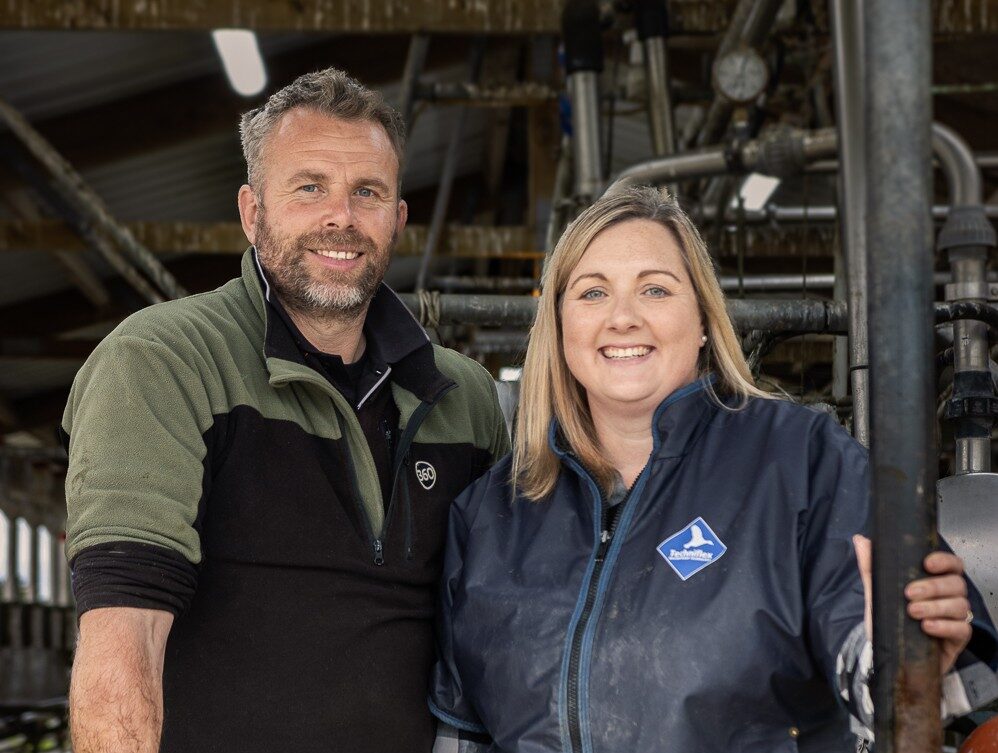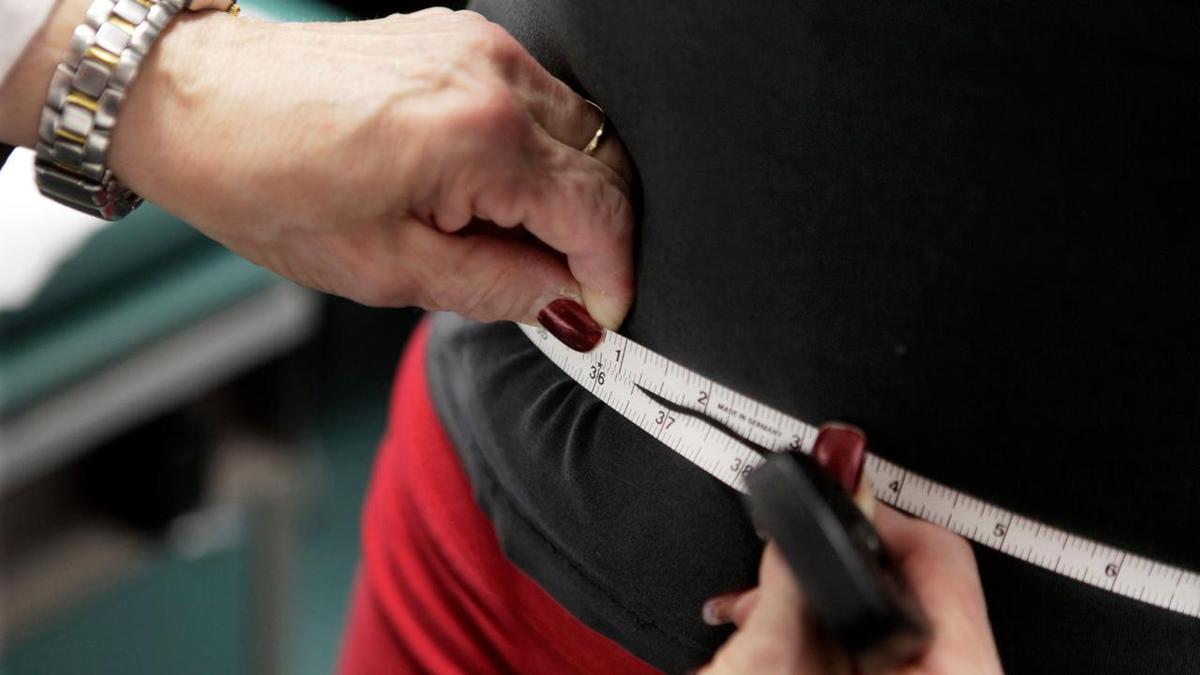Copyright farmersweekly

Reading Time: 5 minutes Farmer, coach, and Farmstrong champion Deanne Parkes shares why looking after your own wellbeing is as vital as caring for stock or land. Drawing on her farming background and sports coaching experience, she explains how small lifestyle changes—better sleep, recovery time, and mental fitness—can make a big difference on and off the farm. From tackling fatigue to preparing for busy seasons, Deanne encourages farmers to “choose your hard” and invest in habits that build resilience, balance, and a healthier farming life for the whole family. Deanne, you wear many hats. What do you enjoy about farming and rural life?Farming’s in the blood. My family are all farmers and I’m very proud to say that I’m a farmer. I love that sense of connection you have as a farmer with other farmers and the camaraderie with other local farmers when you stop to chat. I grew up on dairy farms, and we were dairy farming but just recently switched to sheep and beef, so I’m not hands-on as much anymore, but I’m still a farmer in so many different ways. I love it. What are the main pressures you’ve seen in farming?One of the biggest areas I have noticed that impacts farmers greatly is the lack of sleep they get compared to other industries. I don’t think farmers realise the lack of sleep, leading to fatigue is one of the reasons they feel as if they’re on the back foot all the time. The other pressure is it can be very hard to switch off. Even when farmers go away on holiday they’re often wondering if there’s a water leak or what’s happening if the weather changes. That sense of constant demand can be draining. It’s a bit like having a tab open on your phone the whole time. What can people do about this? Farmers are so good at looking after their animals and crops. I think it’s about applying the same logic to yourself. If you look after yourself too you’ll be in better shape, make better decisions and be able give more back to the farm and your family. How do you make lifestyle changes like that? Where do you start?Identify the area to work on first, awareness is key. Everyone is different but what can work well is to treat it as a challenge. Look at the hurdles for something like sleeping better, start with a small change and work through them for a couple of weeks. Take the time to do these things rather than pushing them to one side. Enlist a support person, to help you keep accountable and walk alongside you for the changes. How do you make new habits stick?It’s all about making little changes rather than everything at once. Pick one thing and tweak it. So if it’s sleep, it might mean just going to bed a half an hour earlier. Over a week that’s three and a half hours extra sleep. Those small changes can really add up. That requires a change in mindset too, doesn’t it?You’re right, and that can be tough to change, but it is possible. It’s a choice, I love the saying ‘choose your hard’. We know looking after our wellness can be tricky, but not looking after it is hard too. Which approach is going to benefit you and the farm in the long run? If we’re feeling fatigued and don’t make good decisions, it’s the farm and those around us who suffer. What about peak periods like calving, lambing, harvest? Any advice?Preparation is key. If you think of an athlete, they don’t just go straight into super rugby without any prep, but farmers often just go straight into calving. If you notice that you’re always getting back problems during calving, do some prehab and strengthen that area. There’s so many options these days – you can even meet with a physio online. You’re part of the Farmstrong champions network. What does being Farmstrong mean to you?It means being proactive, looking after ourselves for the now and future not waiting until we are unwell. Understanding your why helps to drive this. Why are you farming? Farmers are often putting everything and everyone before themselves, but if you talk to them the reason they’re doing it is for their children. So, if it’s all for your children, what example do you want to be setting? Is an exhausted parent with a sore back going to make them fall in love with farming? Think about how you can be role modelling to them. How do you stay Farmstrong yourself?I love practicing gratitude. Noticing three good things every day. Life might be difficult but if you can look for the good in your day, it’s a huge help mentally. It may be remembering ‘hey I got the cows milked’ or ‘I reached out to a friend’ or even just ‘my gumboots are dry’. What that does internally is create mood-boosting hormones. It’s also shifts your focus from ‘the pump’s not going ‘or ‘we’ve got a down cow’, to something more helpful. How important are mental skills in farming?Mental skills are important for everyone. I don’t think we’ve adopted them enough as an industry because we’re time poor, even though they could really add a lot of value to our ourselves and our businesses. Look at the All Blacks and the Super rugby teams and the time they spend creating a high-performing team culture with the right mindset. It’s massive. But in farming we don’t talk about the mental skills needed for farming, farmers often have the mindset ‘that is how it is’. We often get new teams together and expect everyone to hit the ground running during a high-pressured calving with a lack of sleep and poor nutrition. If you want people to thrive in situations that are pressurised, focusing on their personal development including mental skills and setting up the right team culture is really important and can make a positive difference in so many areas. It can be very hard to get downtime in farming. How important is rest and recovery?Extremely important – you cannot perform at a top level if you are exhausted and depleted. I remember Dad telling me when I first went farming ‘Don’t do what I did. Don’t miss the kids sports. Have the time off.’ That was his one piece of advice! So, my husband and I try to have regular time off and give staff time off, but we definitely felt pushback at times in the industry. The mentality was that you’ve got to do these hard yards to get ahead. It was like a badge of honour to say, ‘oh I’ve worked this many days in a row.’ That’s okay if you want to do that, but we need to look at the impact it has to us and our family and know that there are small changes that can be made to make life and farming more enjoyable. So, what’s your advice?I come from a sports coaching background and rest and recovery and mental fitness is absolutely vital to sustainable performance. It re-energizes people. When you’re looking at your season plan think about ‘where is my week off just to relax and recover sleep?’, because burnout is far more common than you think, but people don’t talk about it. Change is possible and it starts with awareness and belief it can be better. What’s your main message about keeping well on farm?Notice when our energy levels or mood are dropping so we can make changes and address things. Keep habits like Farmstrong’s 5 Ways to Wellbeing front of mind. Use them on a daily basis. Improving mental fitness isn’t hard to do, it’s about doing small things regularly. Take responsibility for how you can help yourself, we can’t wait for other people to come and save us. Changes do not have to be big, start small and those small changes lead to big changes over time. Reach out to someone if you do not know how or where to start. Farmstrong is a nationwide, rural wellbeing programme that helps people manage the ups and downs of farming and growing. Last year, 20,000 farmers attributed an increase in their wellbeing to the programme. For free, farmer-to-farmer tools and resources head to www.farmstrong.co.nz.



